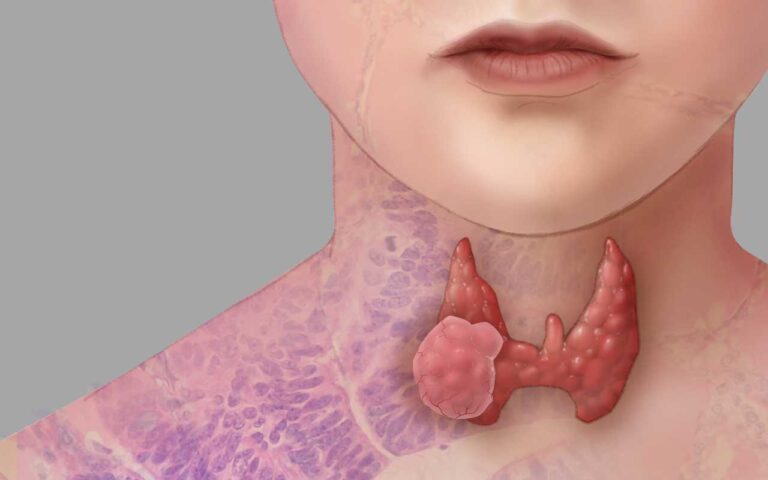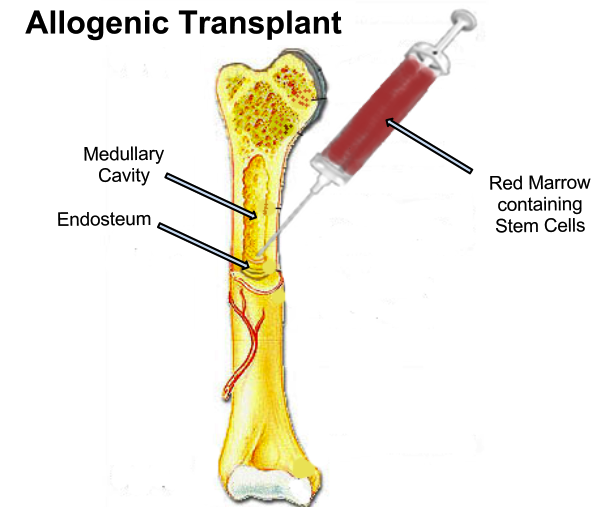Mental Health Technician: An Important Role in Mental Healthcare
Mental Health Technician: Mental health has emerged as a critical component of overall well-being, emphasizing the importance of a robust support system to assist those facing mental health challenges. Among the various roles in the mental health care system, the Mental Health Technician (MHT), also known as a psychiatric technician, plays a vital part in the day-to-day care of individuals struggling with mental health disorders. Their hands-on role is often the bridge between the patient and their journey towards recovery, making the job both challenging and rewarding.
What is a Mental Health Technician?
A Mental Health Technician is a trained professional who assists in the care of individuals with mental illnesses or emotional disturbances. Their duties are primarily centered around providing direct support to patients, under the supervision of mental health professionals like psychiatrists, psychologists, or licensed clinical social workers. They work in various settings, including psychiatric hospitals, rehabilitation centers, outpatient care facilities, and sometimes even in community-based environments.
Key Responsibilities
The duties of a mental health technician vary based on the specific environment they work in, but the core responsibilities remain consistent across most settings. These include:
- Patient Monitoring and Care: Mental health technicians are responsible for observing patients’ behavior, moods, and any signs of distress. They provide essential feedback to the broader clinical team, helping in the accurate diagnosis and adjustment of treatment plans. Monitoring patients closely ensures that any risks of self-harm or harm to others are minimized.
- Assisting with Daily Activities: Many patients in mental health facilities or rehabilitation centers require help with day-to-day tasks such as bathing, dressing, and eating. Mental health technicians often assist patients with these tasks, fostering a sense of dignity and independence.
- Administering Treatment: Though not authorized to diagnose or prescribe medications, mental health technicians may administer prescribed treatments such as medication and support other therapeutic activities. They also participate in group therapy sessions, facilitating patient interaction, and aiding in emotional and social development.
- Crisis Intervention: In psychiatric settings, mental health technicians are trained to de-escalate situations involving agitated or aggressive behavior. Their ability to remain calm and apply appropriate interventions is vital to maintaining a safe environment for both patients and staff.
- Documentation and Reporting: Accurate record-keeping is a critical part of a mental health technician’s job. They document daily observations, treatments administered, and any significant changes in the patient’s condition. These records are crucial for the clinical team to review patient progress and adjust care plans accordingly.
- Supporting Therapeutic Programs: Technicians often participate in therapeutic and recreational activities designed to support a patient’s mental health and social skills development. This could involve art therapy, music therapy, or even physical exercise programs. Their role in these activities helps patients cope with their disorders and fosters a sense of normalcy and community.
Essential Skills and Qualities
To thrive as a mental health technician, certain skills and personal qualities are paramount:
- Empathy and Compassion: MHTs work closely with individuals who are often vulnerable and struggling with complex emotions. Being empathetic and compassionate allows them to build trust and rapport with patients, which is essential for effective care.
- Patience and Resilience: The mental health field can be emotionally draining, especially when working with patients who may not show immediate signs of progress. Patience and emotional resilience are necessary to continue providing care without becoming overwhelmed or burned out.
- Strong Communication: MHTs must have excellent communication skills, both to interact with patients and to report important information to their colleagues. Clear, concise reporting can be crucial for patient safety and treatment success.
- Problem-solving and Critical Thinking: Every day presents new challenges in the field of mental health. Technicians need to think quickly and adapt to unexpected situations, whether it’s managing a patient in crisis or adjusting care routines to suit individual needs.
Educational and Training Requirements
The requirements to become a mental health technician can vary by region, but most employers expect candidates to have a high school diploma or GED, followed by some form of specialized training. Certificate programs, associate degrees in psychiatric or mental health technology, and on-the-job training are common pathways into this field. Many programs also include clinical experience, where trainees work in actual mental health settings to develop hands-on skills.
In some locations, certification is required. For example, in the United States, the American Association of Psychiatric Technicians (AAPT) offers certifications at different levels, which can enhance job prospects and open doors to advanced positions.
Power of Ankle Mobility Exercises: for Better Performance
The Importance of Mental Health Technicians
Mental health technicians are crucial to the functioning of any mental health care facility. They often spend the most time with patients and have the opportunity to make a direct, positive impact on their lives. By providing emotional support, facilitating daily activities, and assisting in treatment plans, MHTs play a key role in helping patients manage their symptoms and work towards recovery.
Furthermore, mental health technicians are often the first to notice subtle changes in a patient’s behavior or mood, allowing for timely interventions that can prevent crises or setbacks. Their hands-on approach and daily interactions make them an integral part of the mental health care team.








One Comment